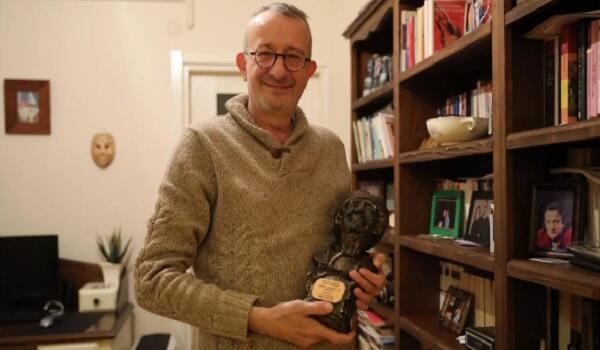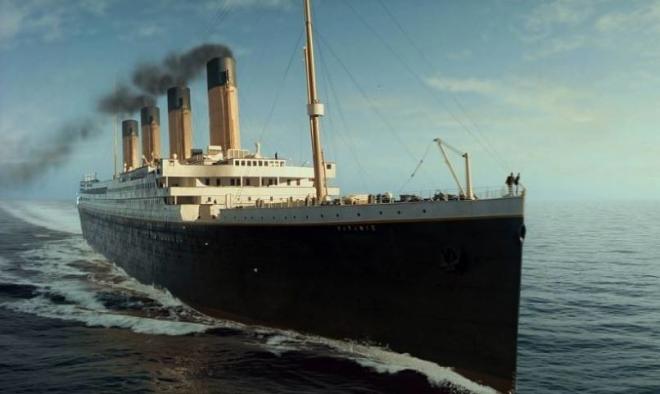Axar.az presents an article ''Another Higher Law'' by John Samuel Tieman.
Let's think about war. Let's think about how we justify war. We often say we're going to war because our side follows a “higher law”. Meaning we're on the side of justice. Or peace. Or freedom. Our side follows the highest principles. I've been thinking about the concept of “higher law”. I've also been thinking about the eyes of a child.
I don't think there is just one “higher law”. But it's not the concept “law” to which I object. I object to the idea of “higher”. Truth is not always about the hierarchical and the rational. Truth can be found in the heart, in the soul, in the relationship. How we rationalize war is important. How we feel about war is just as important.
The idea of a “higher law” has been part of Western legal thinking since the early Middle Ages. It finds current expression in such works as “West's Encyclopedia of American Law”. In brief, a “higher law” embodies universal principles such as justice, morality, even simple fairness. It is, in a sense, the law above the law. It is beyond secular law, beyond governmental policy, beyond economic or military decision-making. The concept establishes a kind of hierarchy.
I find nothing wrong with this concept as far as it goes. But such a hierarchy only looks in one direction. We shouldn't only look upward for our higher law. We should also look inward. We should look to our heart, look to our soul, look to the heart and soul of our enemy, especially that enemy who once was a neighbor and a friend. War damages the very essence of ethics and morals because it turns the enemy into an object that is outside of human relationships. We don't moralize when we kick a stone.
Let me tell you a little story.
Early December of 1970. The U. S. Army's 4th Infantry Division. The An Khe Pass. Viet Nam. The Nam. I've got a lot of memories of the An Khe Pass. Watching a sniper, who tried to kill us, get killed for instance. Stuff like that.
This one day we were on a truck convoy. We were moving equipment. I'm in back with the equipment and a “grunt”, an infantryman. Fifty-plus years later and I no longer remember his name. There's no cover on our truck. We're basically bent because it's rain and it's Nam and it's C-rations for lunch. The C's were packaged in early 1950-something, one whole war ago. So, yeah, we're bent. Then the “grunt” says he wants to show me a “trick.” That's his word, a “trick.” I half-expect him to pull out a deck of cards. He takes his now empty C-ration can, pulls out a rock from his pocket. (He's been saving it. I thought it odd when I saw him pick it up and pocket it before we left our camp.) He puts the rock in the can and bends back the lid to seal it. Then he waits. Not long. We start to pass this bunch of beggar kids. The “grunt” holds out the can, but doesn't throw it. He keeps it just out of reach of the beggar kids until he like culls one out of the bunch. A boy maybe eight or ten. The boy keeps running and the “grunt” keeps the can just out of reach. (Keep in mind that convoys never stop. Never. To the snipers, we were always a moving target. Appleman and O'Leary once had a blowout, and we just left them on the side of the road.) So the “grunt” now has the kid running along the side of the truck. I guess we're doing five or ten miles an hour, and the “grunt” slowly starts to move rearward. Finally, he's got the kid at the back of our truck, running between us and the next ten-ton truck. The driver behind us, I mean maybe fifteen feet behind us, he's not so much horrified as astonished. This whole time, the “grunt” is something like impassive, expressionless, flat, this whole time.
Now the kid is within an inch of what he thinks is a meal, when the “grunt” throws the can to a whole other bunch of beggar kids. The boy breaks left, gets to the other kids, and has to look over their shoulders as they huddle. All his effort and the kid can't even get to the can for all the other beggar kids. Then they open it. Then the boy gets it, the “trick”. He looks up. At me.
I had never before, nor have I since, seen a look of such unmitigated hatred.
There – in those eyes – there was another higher law. There – in the eyes of a child – there is everything anyone needs to know about war.
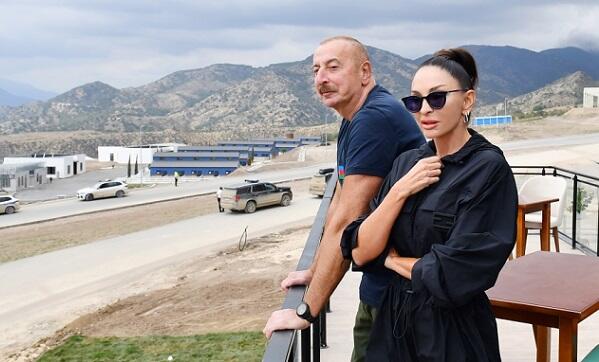

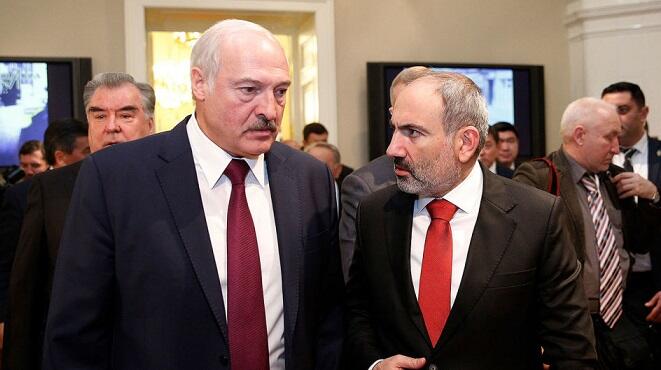
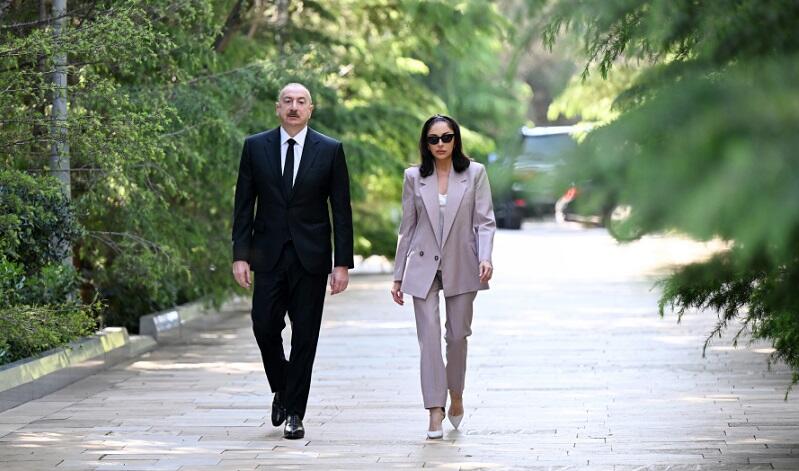
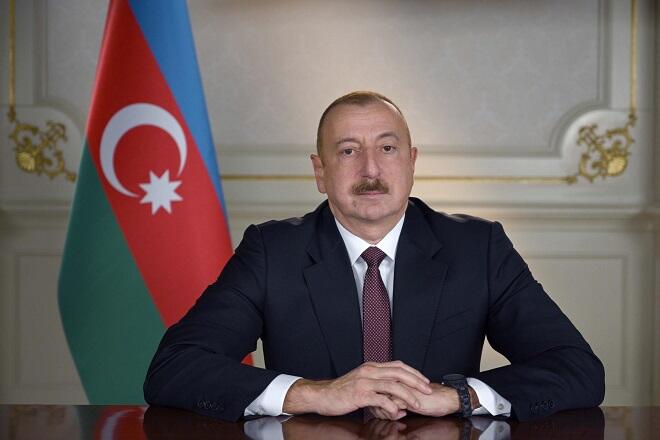
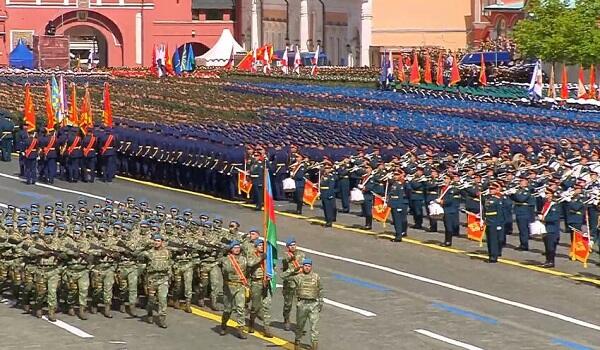
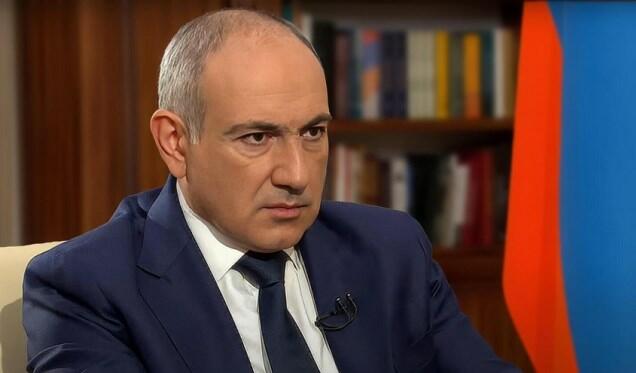


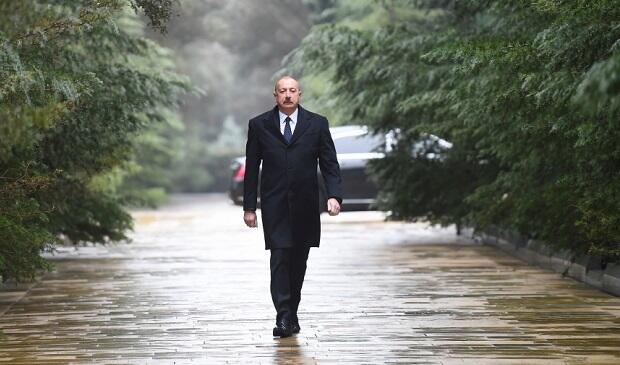

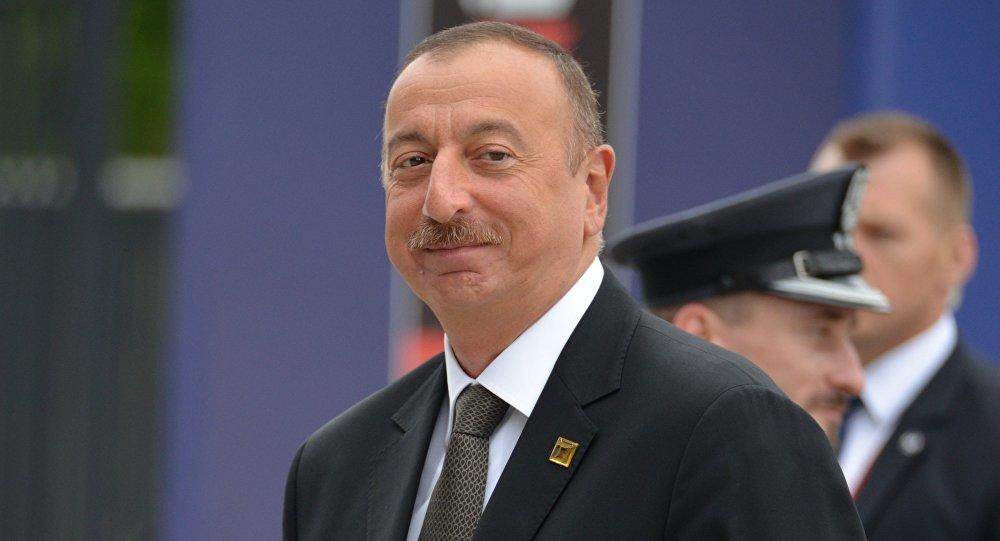
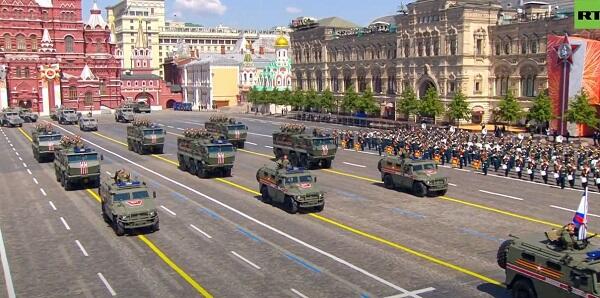
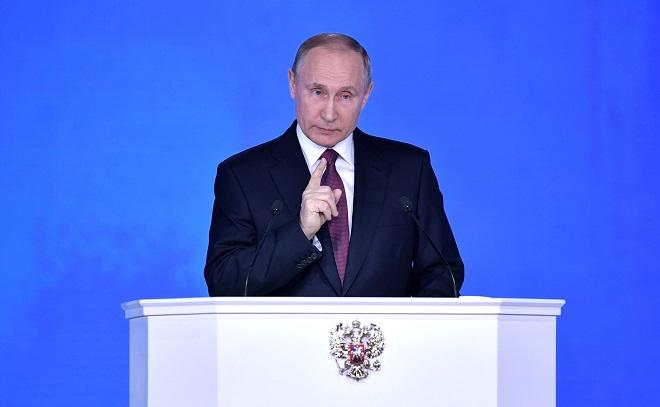
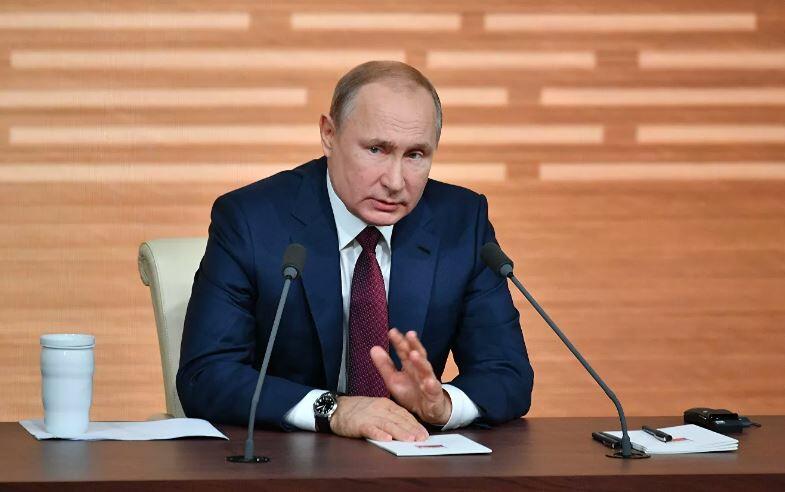

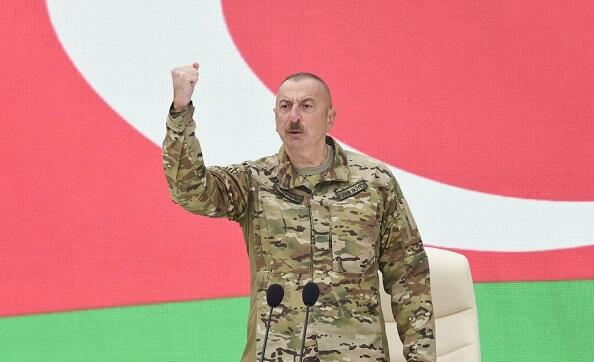

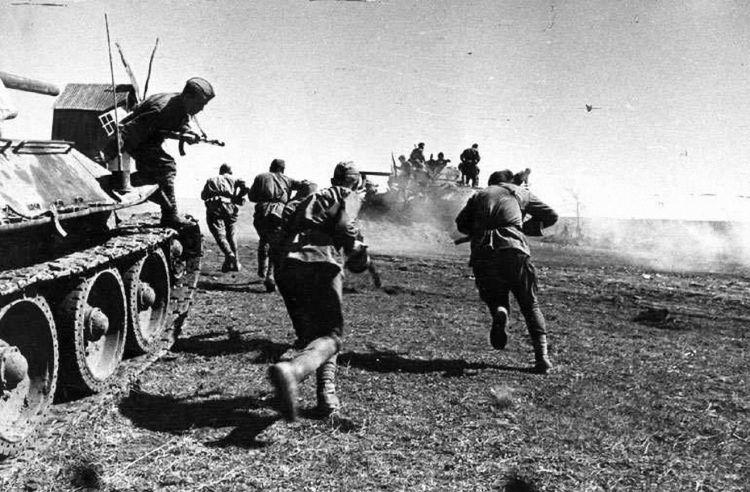
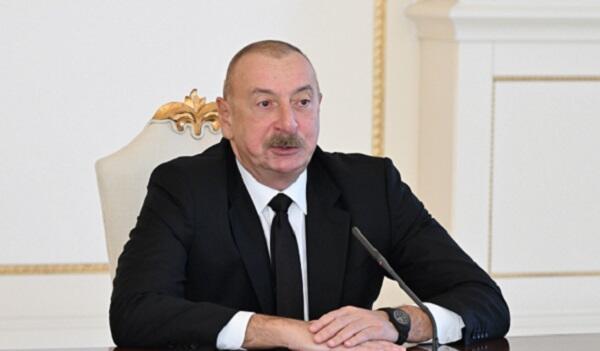

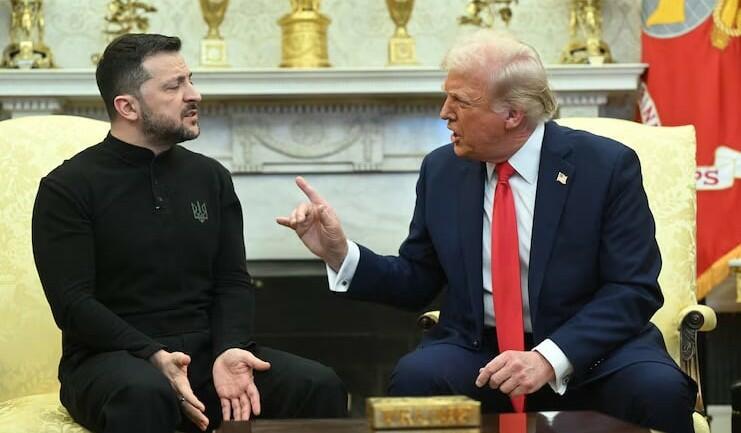
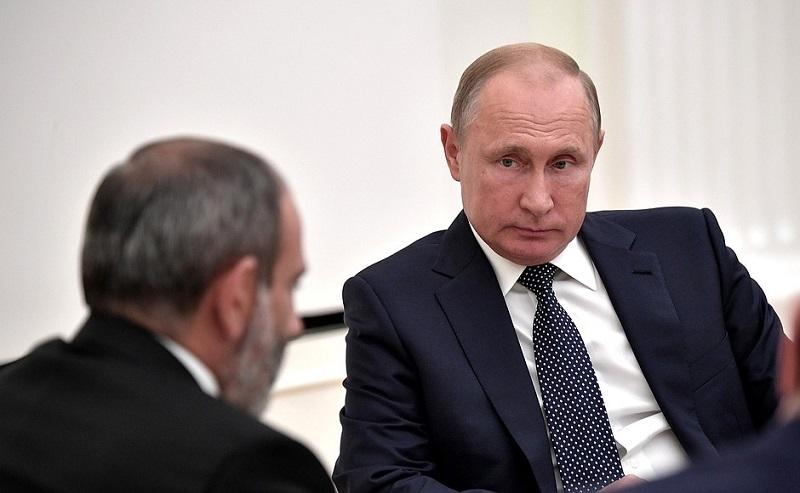



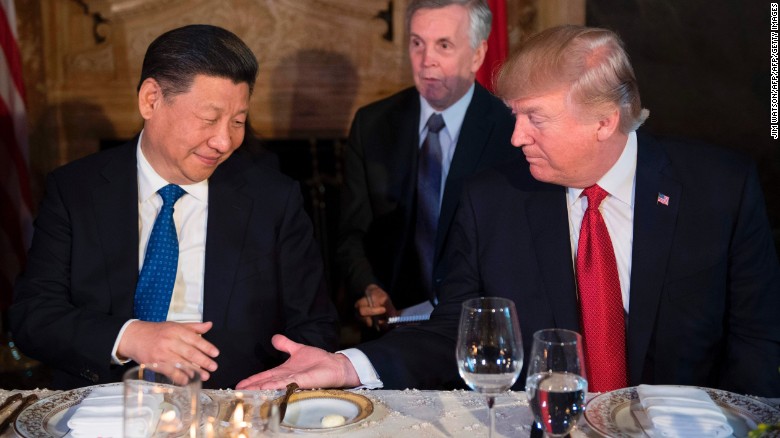
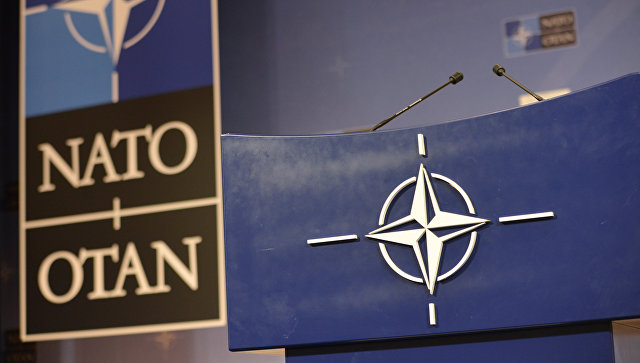
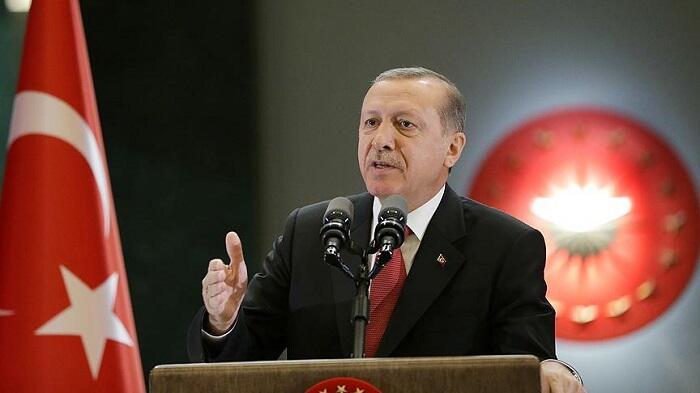
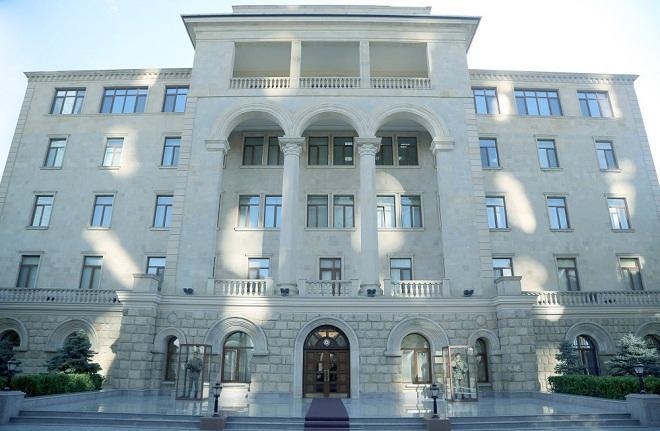








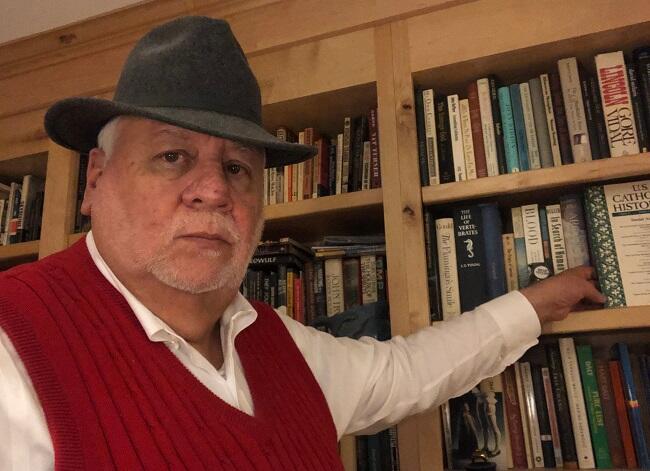





.jpg)

